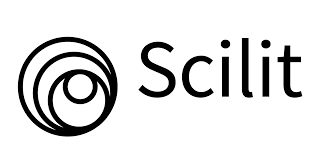Ecotourism And Carrying Capacity of Mutis Nature Reserve In Middle South Timor Regency, East Nusa Tenggara Province
Abstract
Mutis Nature Reserve in the Middle South of Timor Regency is one of the prospective areas that can be explored for ecotourism. Ecotourism means that the visitors can enjoy the tourist attractions in a tourist destination while making positive contributions to the local people, economically, without ruining the resources or at least being able to minimize the negative impact on the environment of the tourist destination area. Generally, the aim of this research was to discover the potential resources of Mutis Nature Reserve that could be explored for ecotourism. The method that’s been used for this research was by using the qualitative method to discover the potential ecotourism in Fatumnasi and also by using Carrying Capacity Calculation to measure the Carrying Capacity of Mutis Nature Reserve. Data were collected by observation method and using in-depth interviews with the key informant. Some of the research results indicated that the resources of Mutis Nature Reserve can be explored for ecotourism. It also indicated that the exploration and development must be based on effective carrying capacity to maintain the resources of the tourist attractions on a certain level of management. The Carrying Capacity that’s been measured in this research is 1). Physical Carrying Capacity, 2). Real Carrying Capacity,3). Effective Carrying Capacity Suggestions were given for the improvement of the public infrastructures, tour packages should be available and so are the trained local guides, the planning and development of the ecotourism should involve the local community.
Copyright (c) 2023 Noni Andriane Seo

This work is licensed under a Creative Commons Attribution-NonCommercial 4.0 International License.
The author whose manuscript is published agrees to the following conditions:
- Publication rights of all journal manuscripts published / published on the JKTP website are held by the editorial board with the author's knowledge (copyright remains the author's).
- The formal legal provisions for access to digital electronic journal articles are subject to the provisions of the CC Attribution-Non-Commercial 4.0 license, which means JKTP has the right to store, transfer media / formats, manage in the form of a database, maintain, and publish articles without asking permission from the author as long as the author's name remains as the copyright owner.
- Manuscripts published / published in print and electronically are open access for the purpose of education, research and libraries. Apart from these purposes, the editorial board is not responsible for violations of copyright law.




.png)










